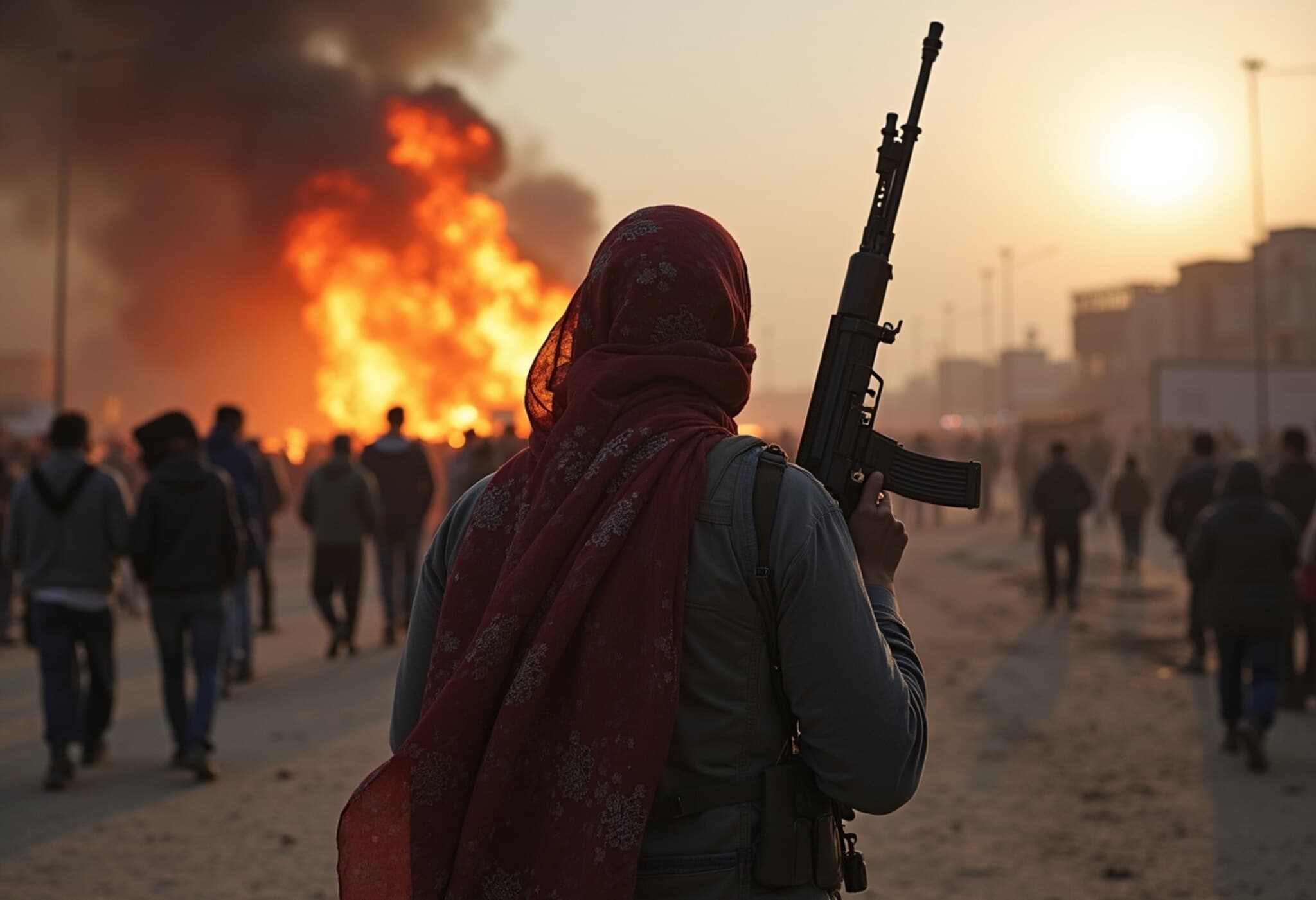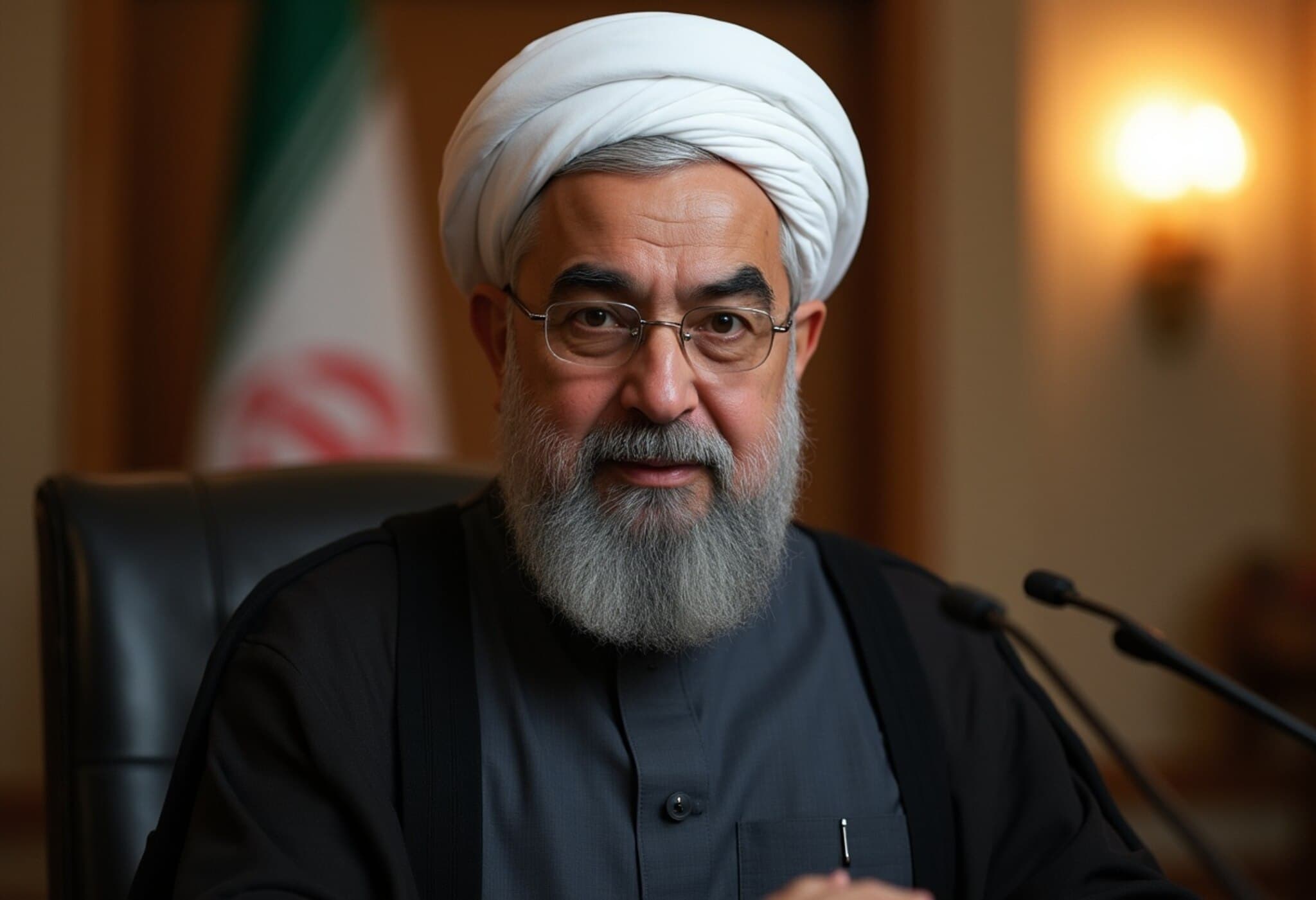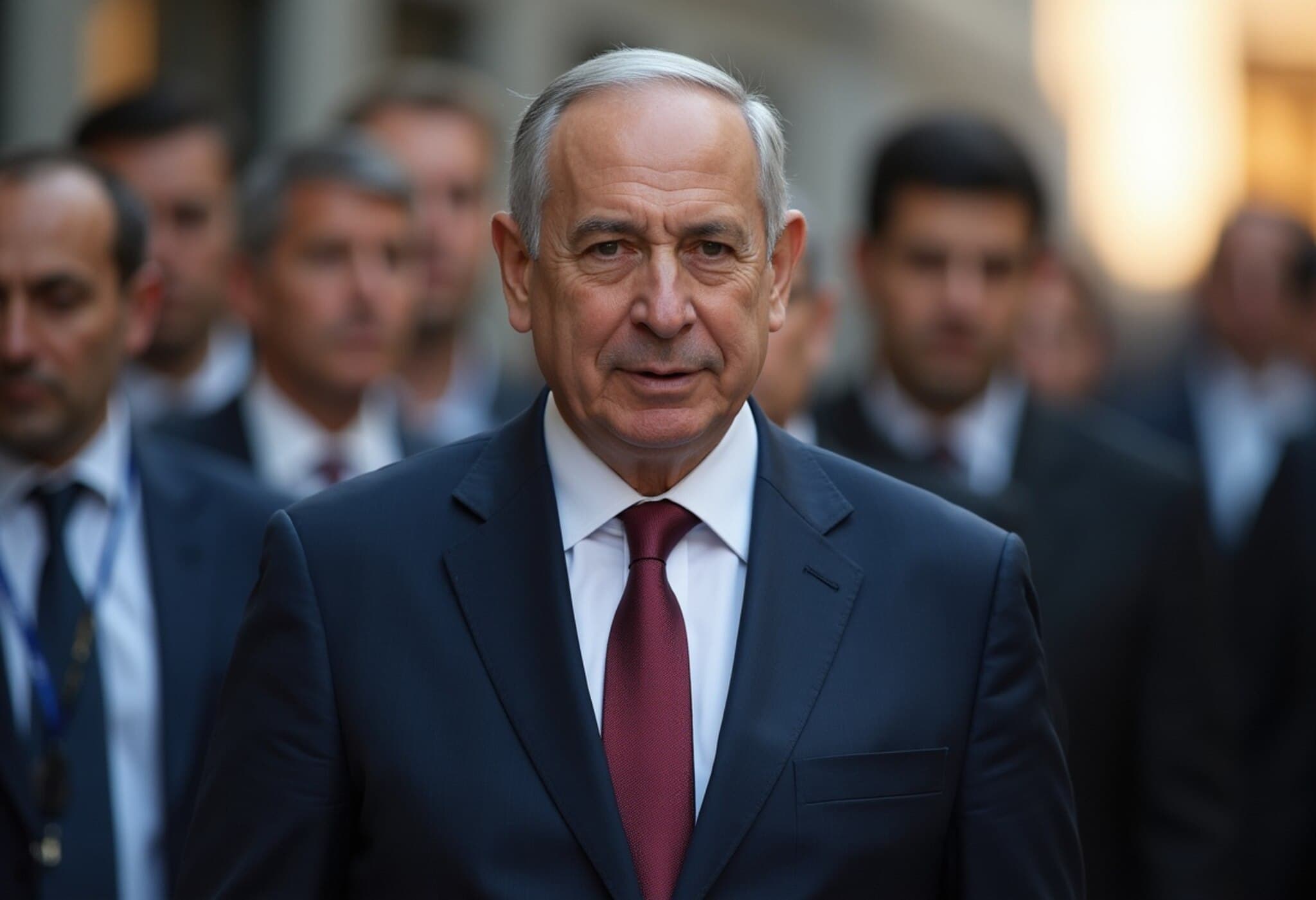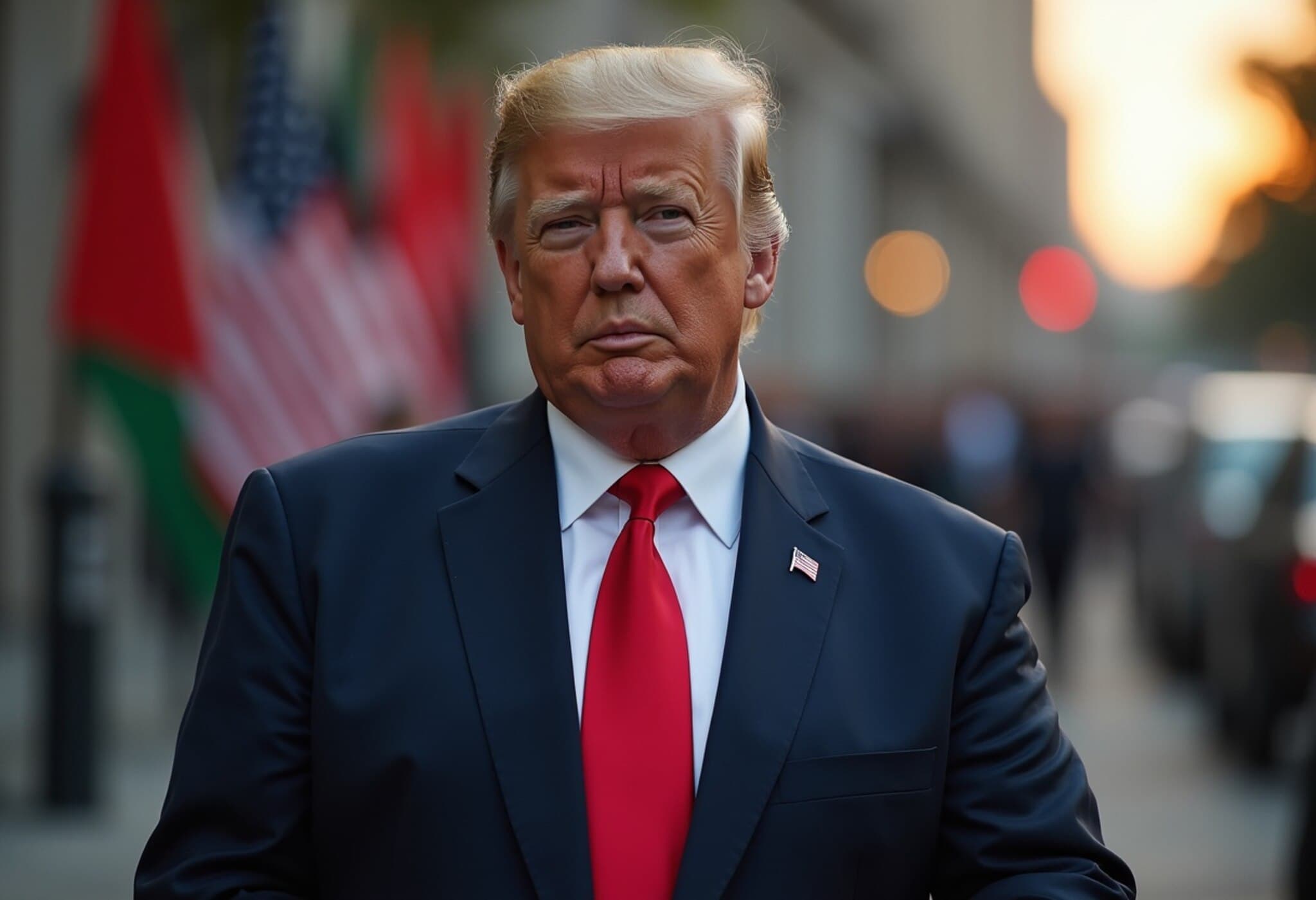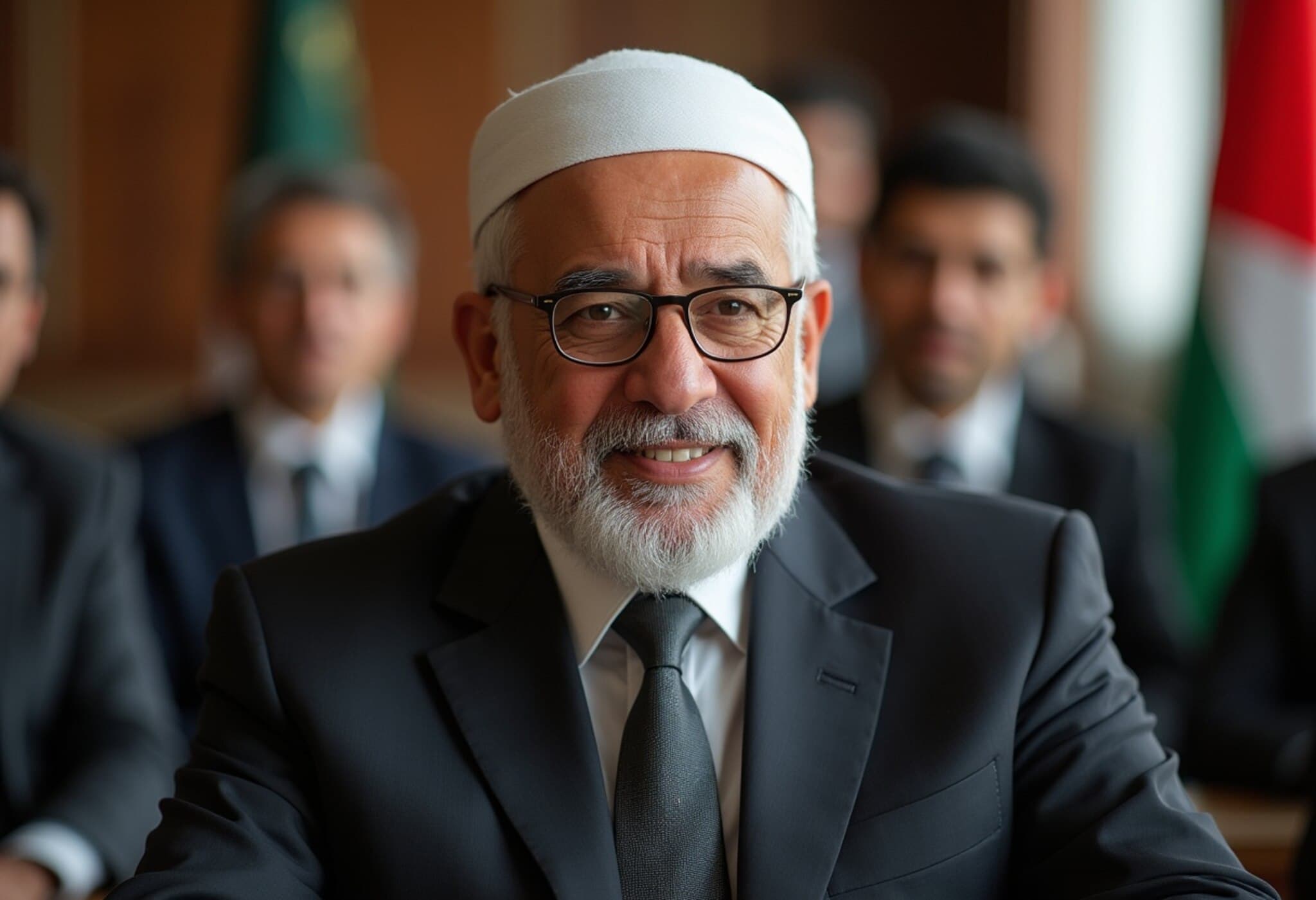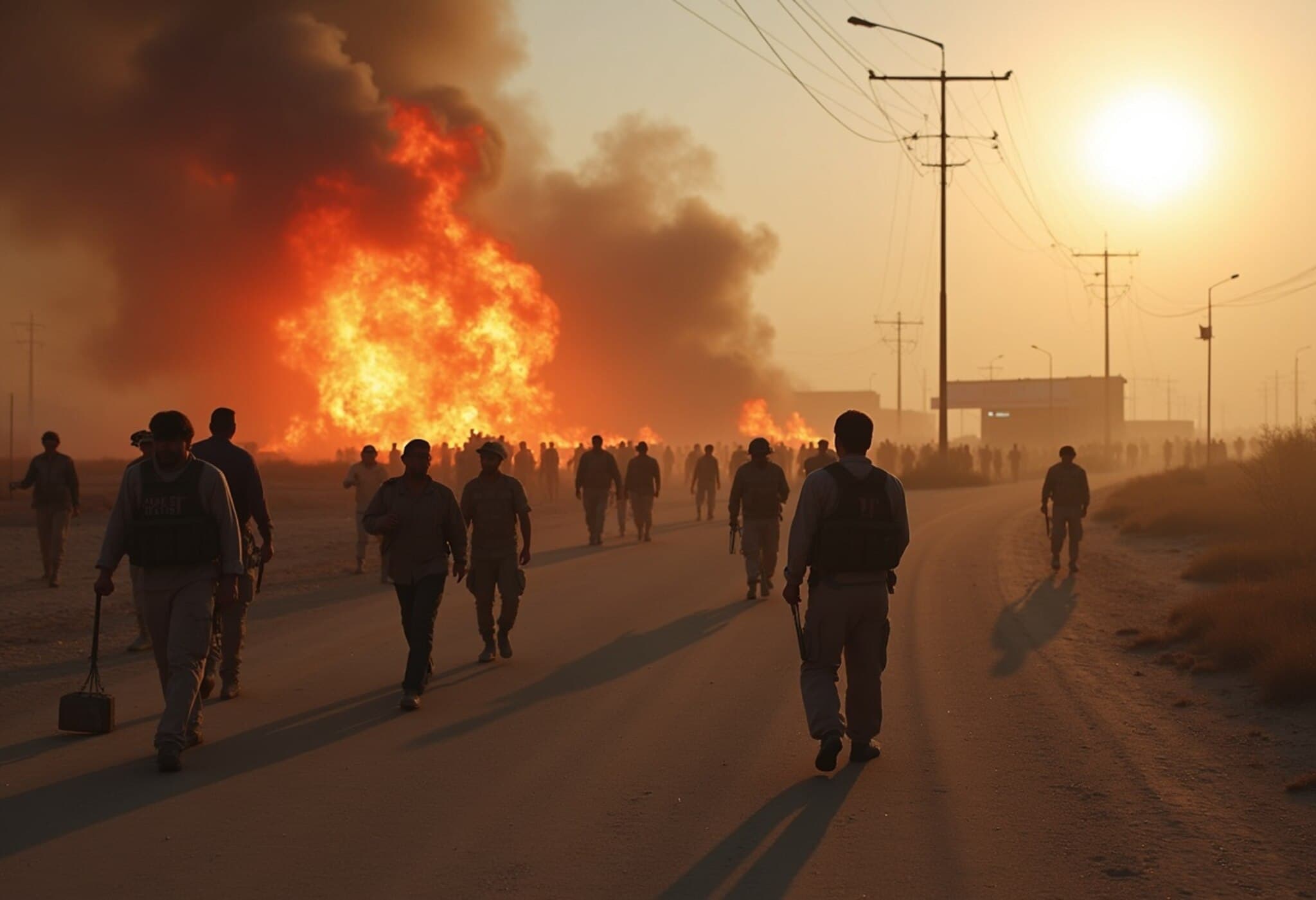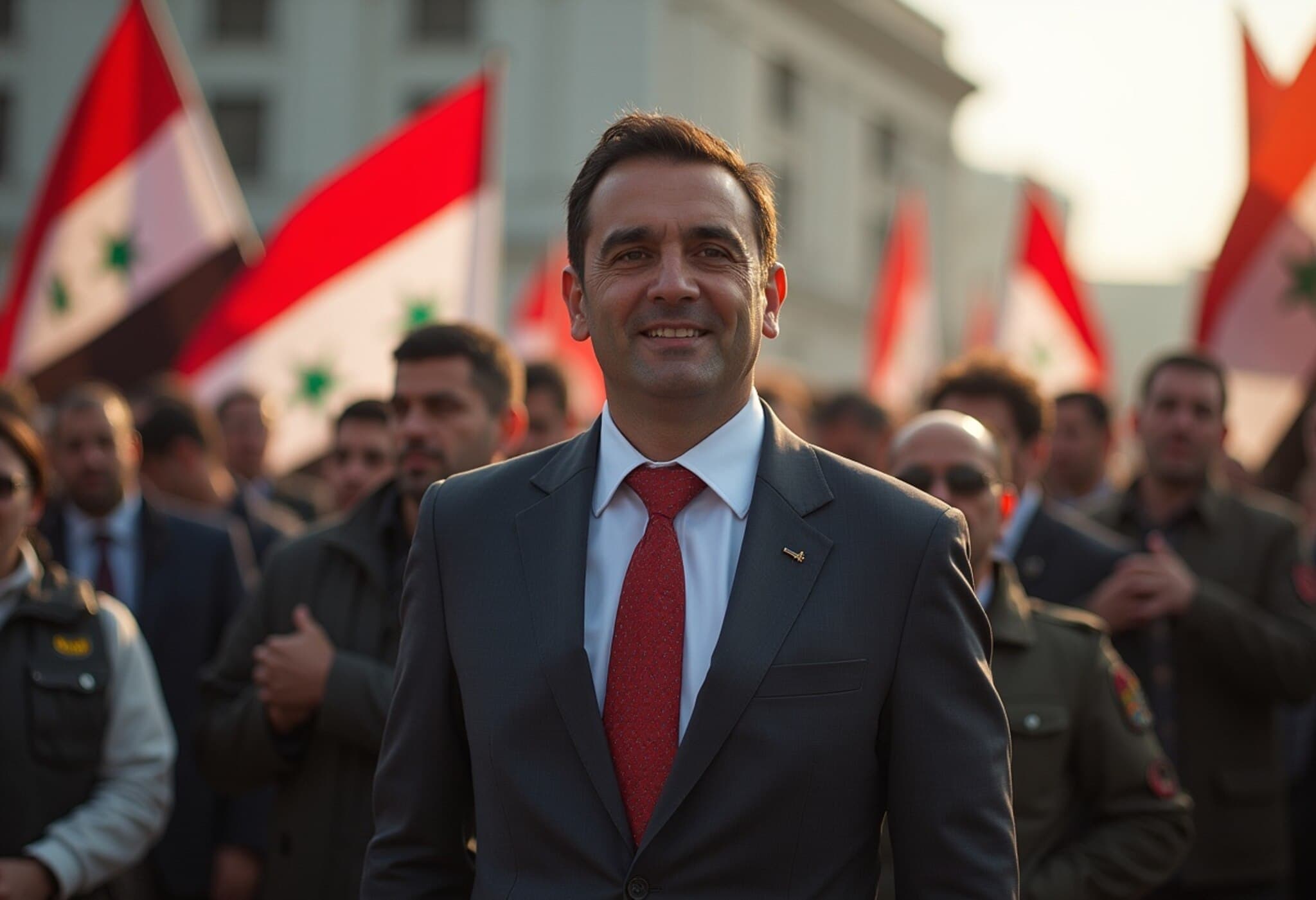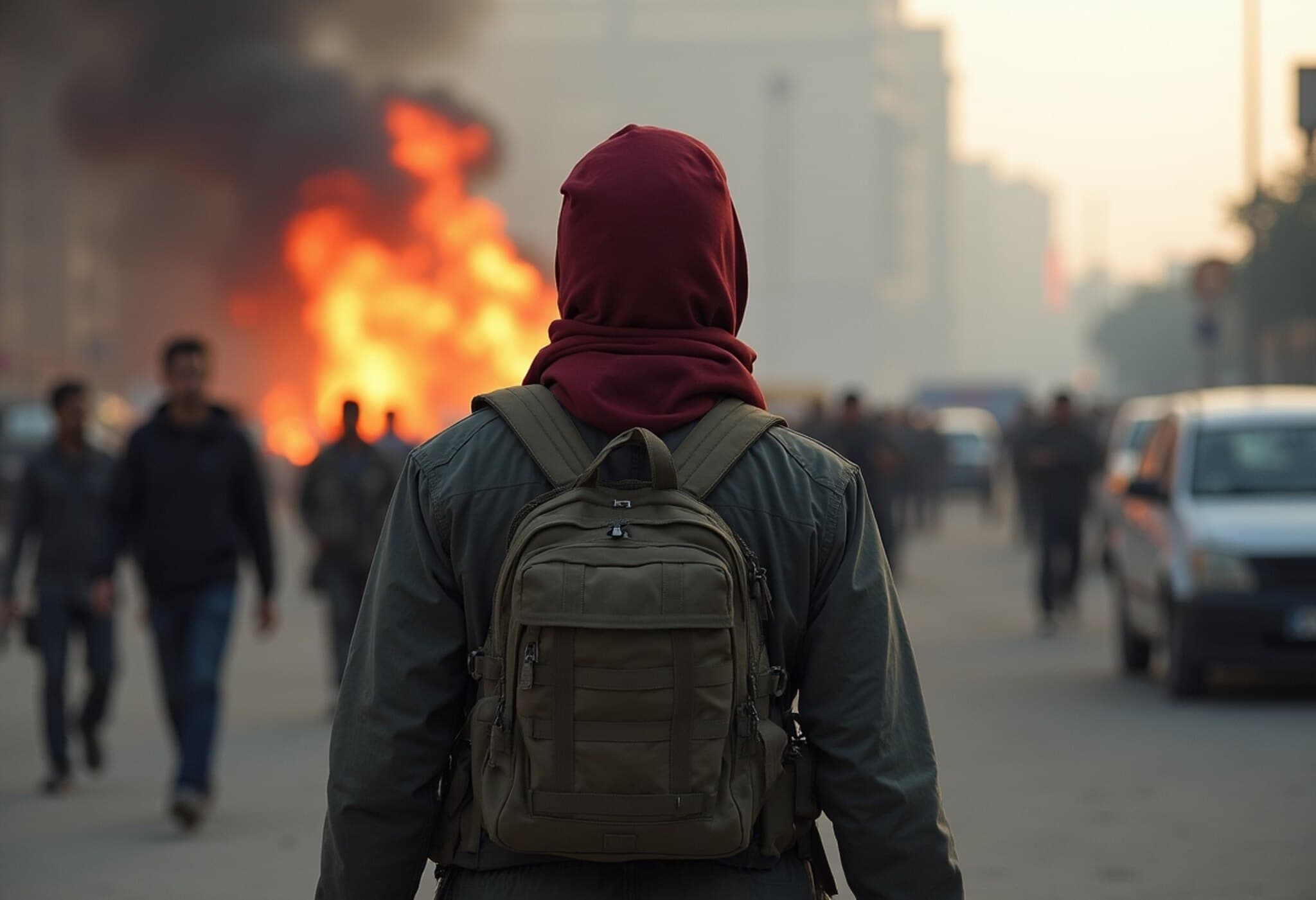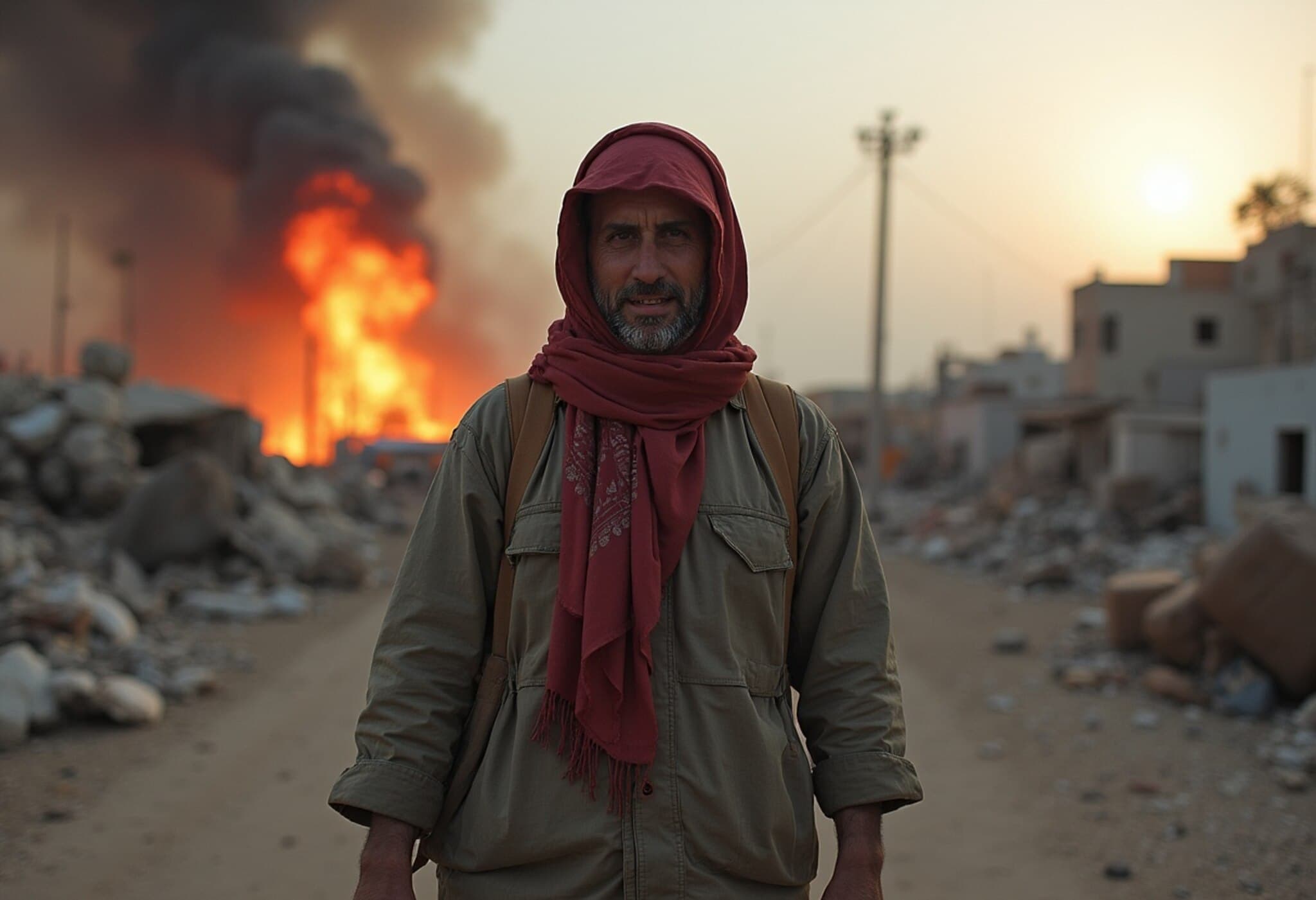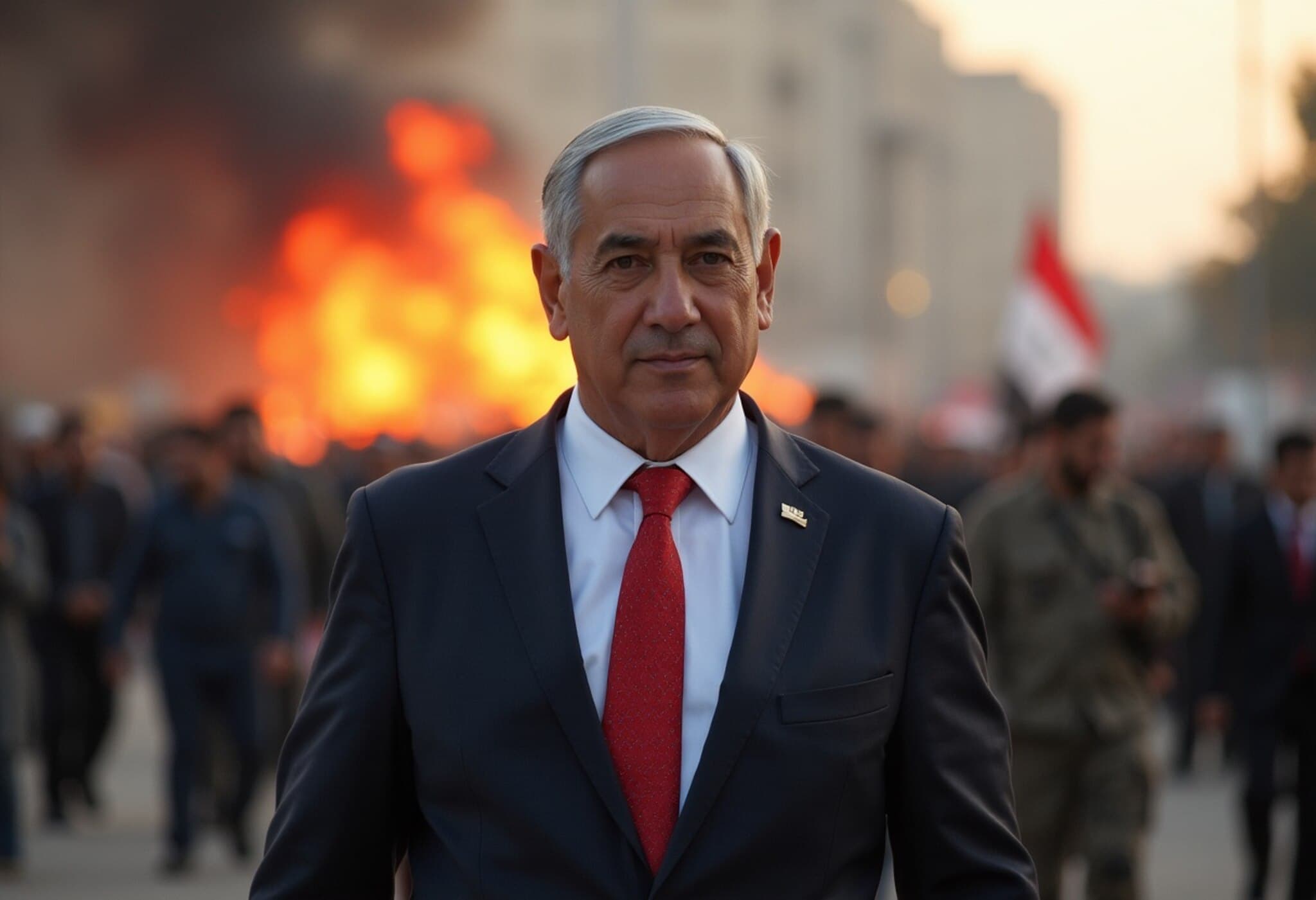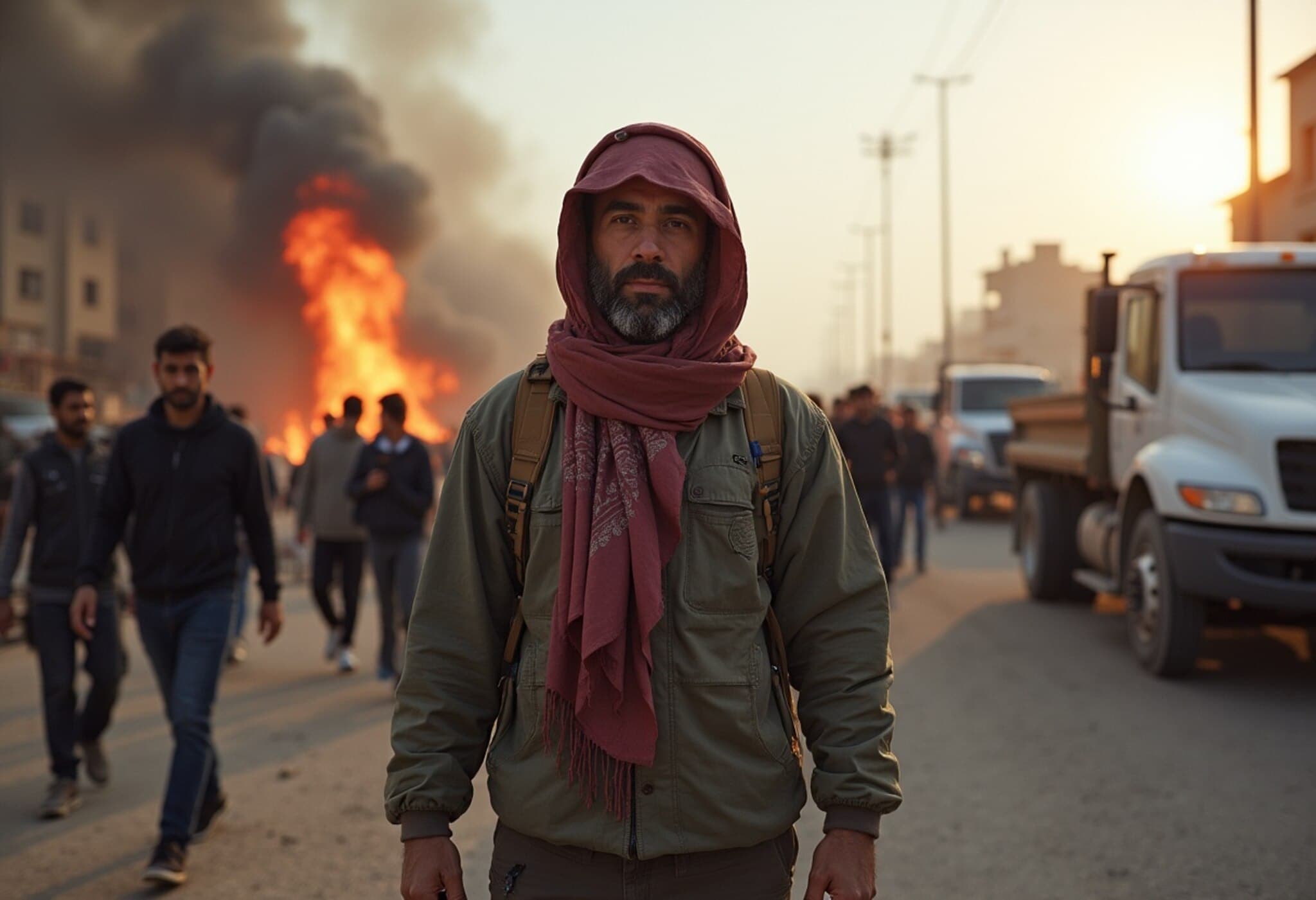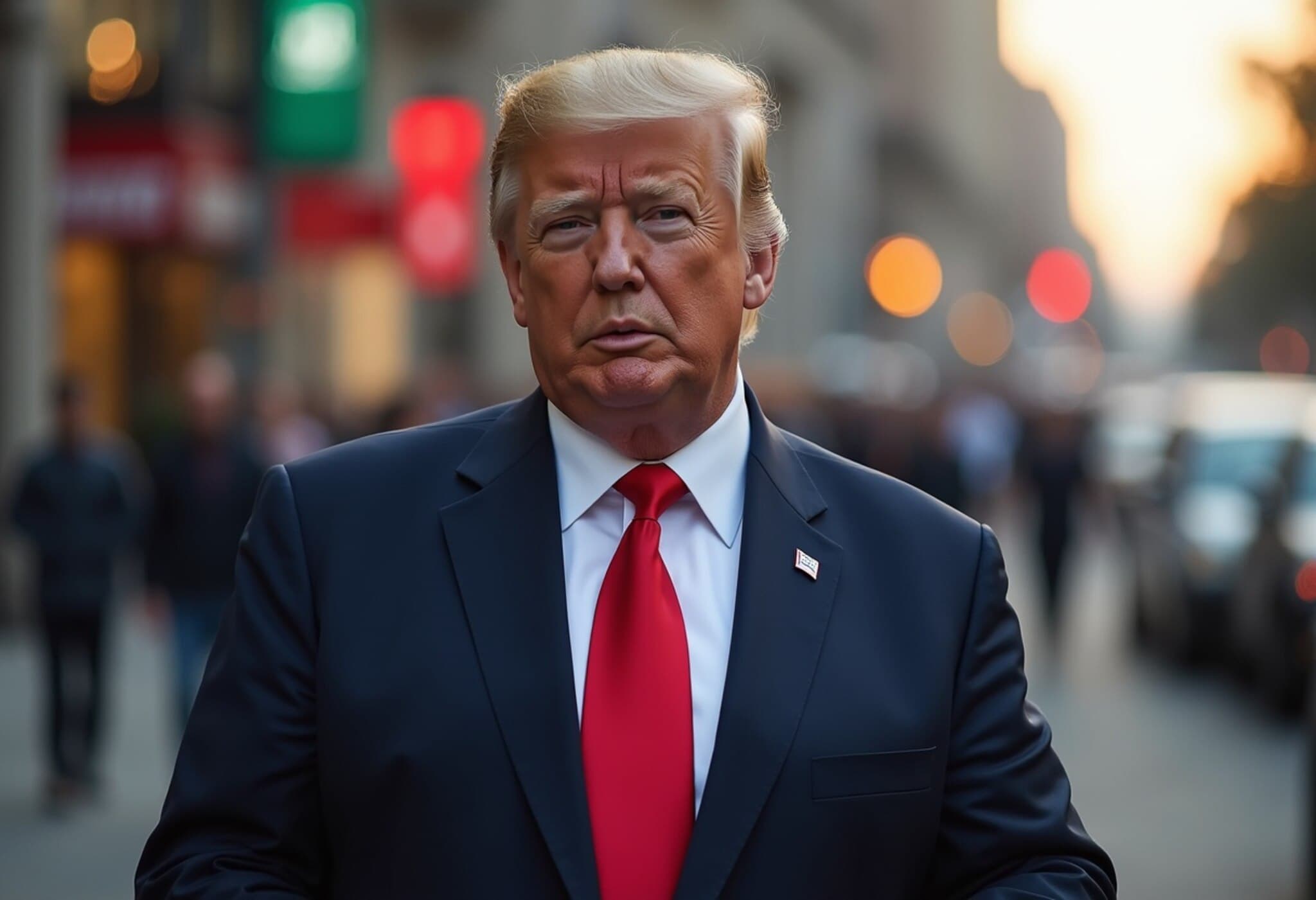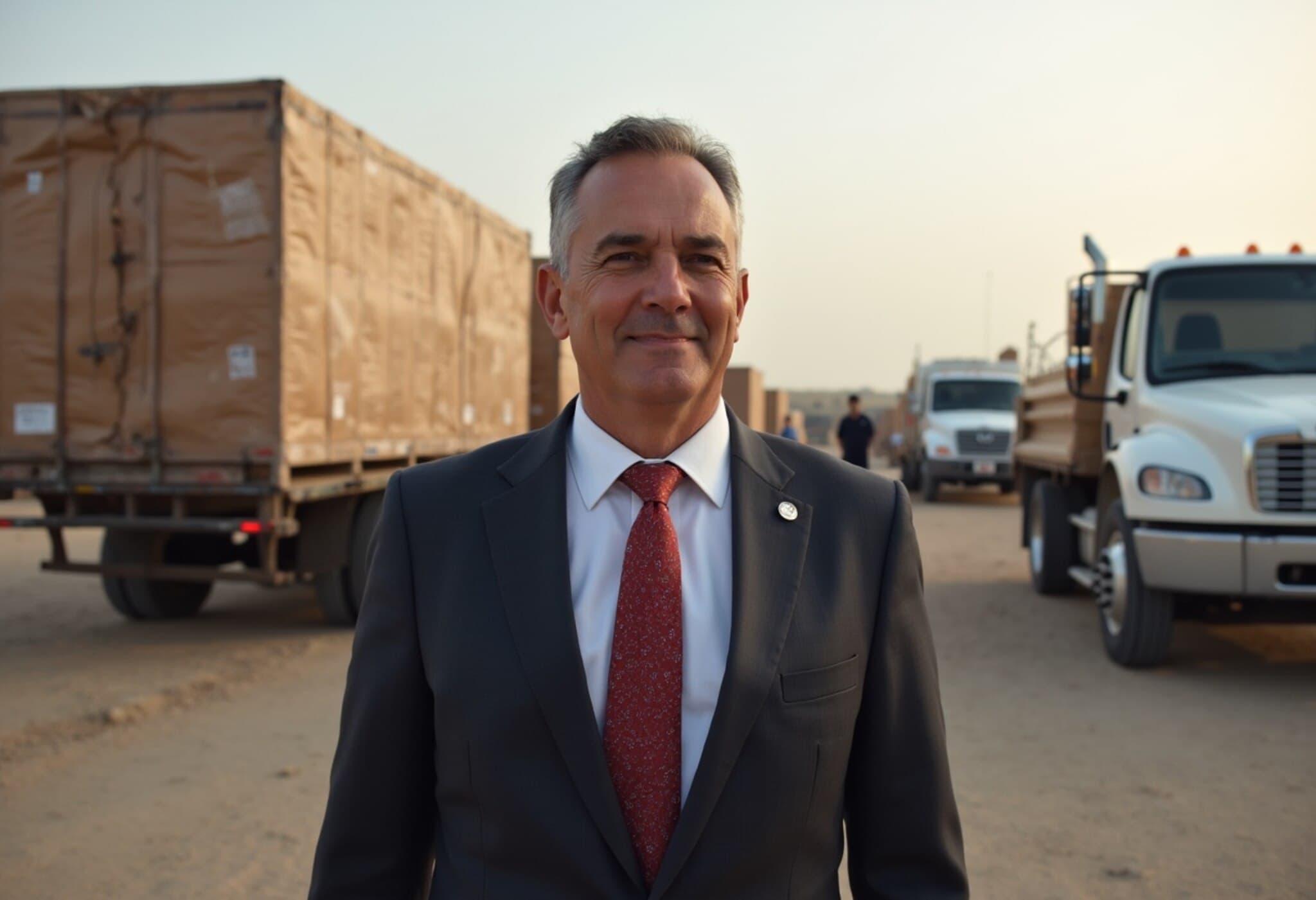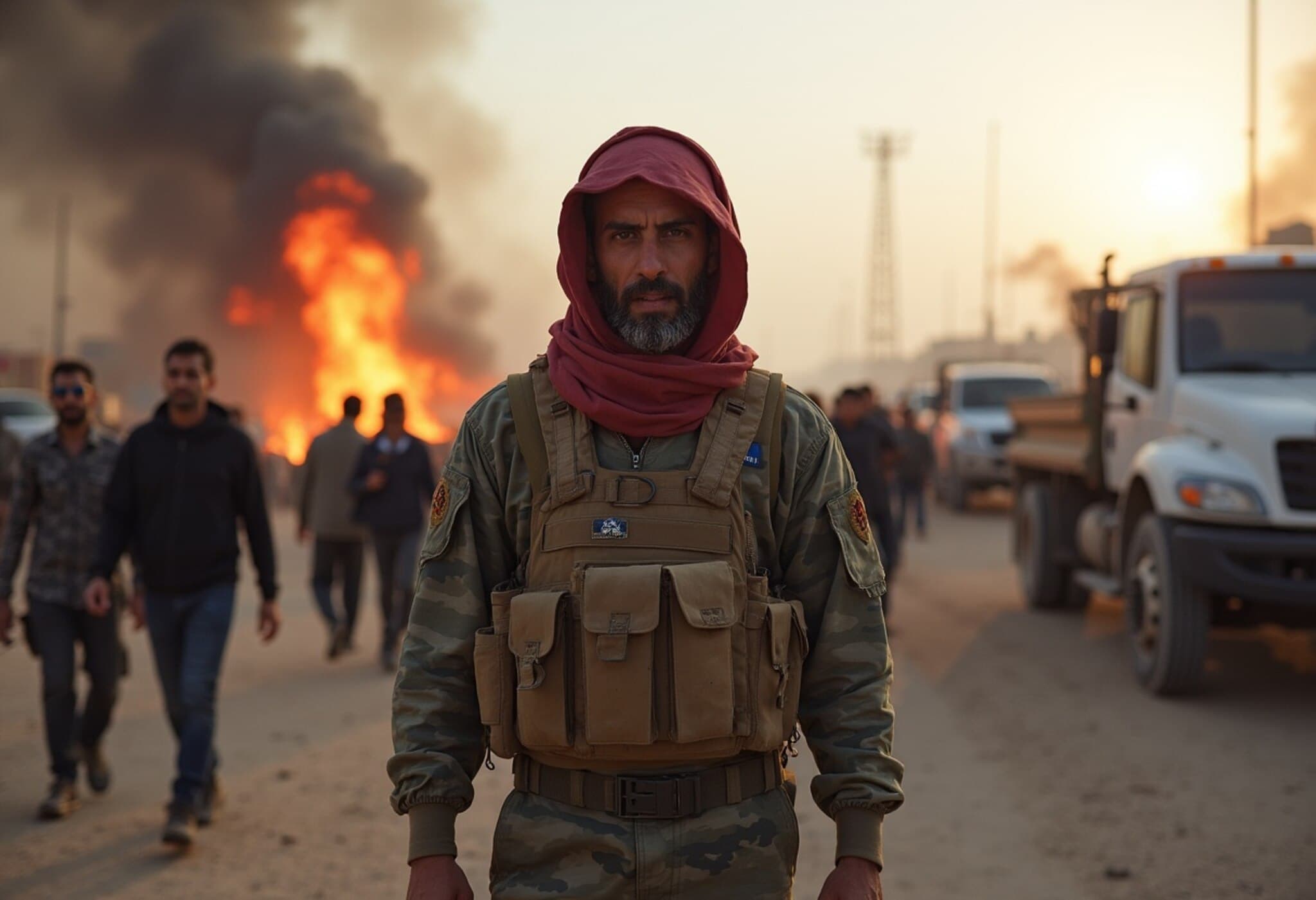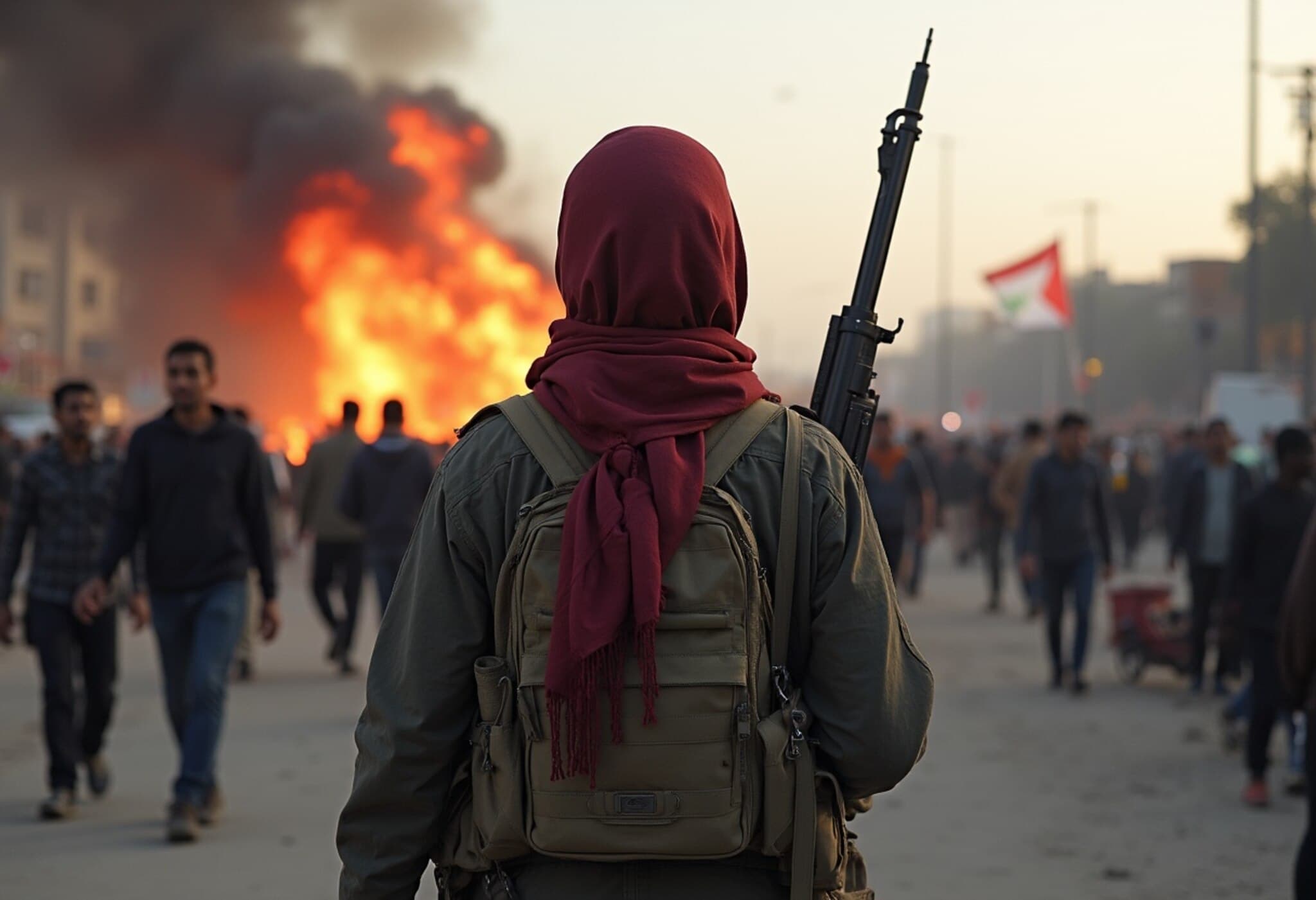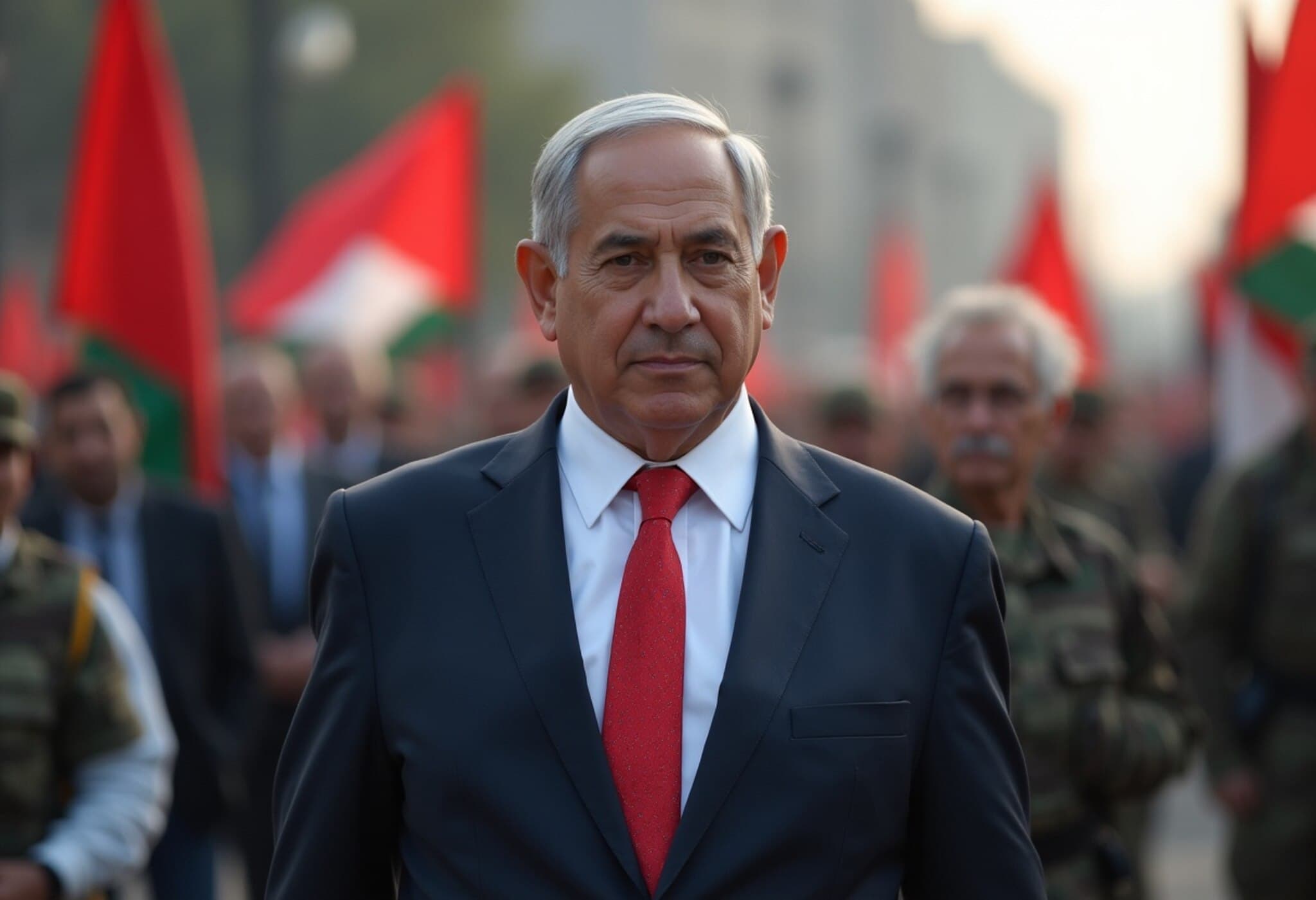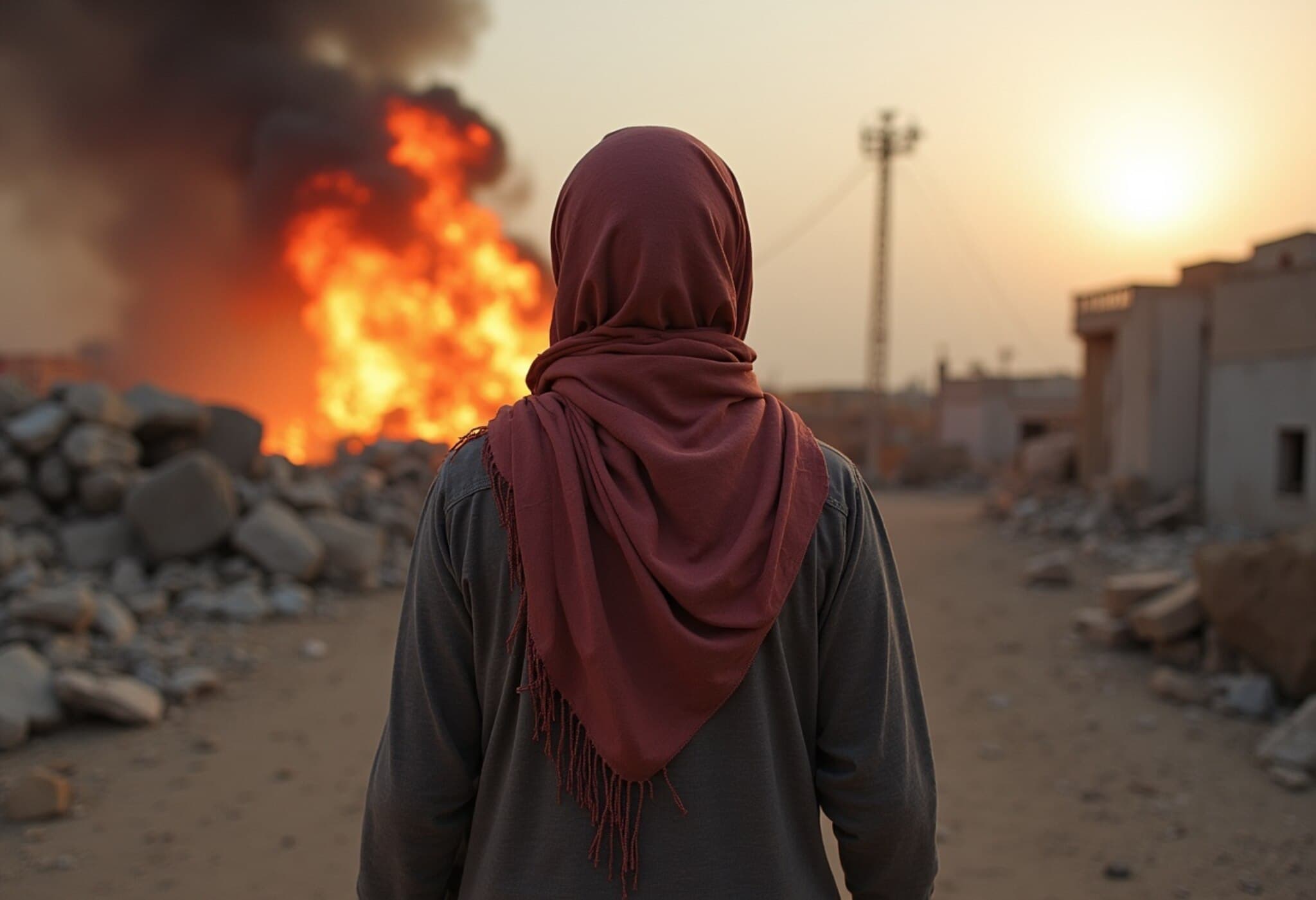Gaza Death Toll Surpasses 58,000 in Prolonged Conflict
As the Israel-Hamas war grinds on past 21 months, the human cost in Gaza has reached a staggering 58,000 deaths, according to the Palestinian Health Ministry. This grim figure includes a large proportion of women and children, highlighting the devastating impact on innocent civilians caught in the crossfire. The ministry’s tally does not differentiate between combatants and civilians, underscoring the complex and tragic nature of the ongoing violence.
Recent Escalations Undermine Fragile Ceasefire Prospects
Efforts to negotiate a ceasefire backed by the United States have stalled, with fresh Israeli airstrikes on Sunday alone killing at least 19 Palestinians, including six children gathered at a water collection point. These strikes have exacerbated fears of an expanding humanitarian crisis as diplomacy struggles to keep pace with the violence.
From southern Israel, the destruction in northern Gaza is starkly visible, where buildings have been razed during intense ground and air operations. These images serve as a somber reminder of the war’s devastating toll on infrastructure and communities.
Diplomatic Deadlock: Ceasefire Talks Hit Roadblock
Israeli Prime Minister Benjamin Netanyahu recently engaged with US officials in Washington to explore ceasefire terms, but a critical sticking point remains: the presence of Israeli troops in a strategic corridor in southern Gaza. Israel insists on maintaining military control there, citing security concerns, while Hamas perceives this demand as a potential prelude to continued hostilities beyond any temporary truce.
Israel’s official stance remains unequivocal — the conflict will only cease if Hamas fully surrenders, disarms, and evacuates Gaza. Hamas, however, resists these non-negotiable preconditions and is pushing for an unconditional Israeli withdrawal in exchange for releasing the remaining approximately 50 Israeli hostages, less than half of whom are believed to be alive. This deadlock complicates prospects for any near-term resolution and leaves civilians trapped in a prolonged state of peril.
Widening Conflict: Violence Surges in the West Bank
Beyond Gaza, instability has spilled over into the Israeli-occupied West Bank, exacerbating regional tensions. On Sunday, tributes were paid to two Palestinians, including 20-year-old Palestinian-American Sayfollah Musallet, who was reportedly killed by Israeli settlers. Such incidents deepen grievances and threaten to further destabilize an already volatile situation.
Expert Analysis: The Broader Implications of the Gaza Crisis
This conflict’s persistent escalation spotlights critical questions for policymakers and international actors. How can negotiations break the impasse between security concerns and humanitarian needs? What role should global powers play in balancing Israel’s right to security with protecting civilian lives? Moreover, the hostages’ plight adds an emotionally charged layer, raising ethical dilemmas about concessions and ceasefire conditions.
From a US policy perspective, balancing strategic alliances with moral responsibilities will remain a contentious arena. The repeated failure to secure a sustainable ceasefire may fuel radicalization, prolong regional instability, and spark wider international backlash.
Human Stories Behind the Statistics
Numbers alone cannot capture the profound human suffering embedded within this conflict. Women and children facing displacement, loss, and trauma reflect a humanitarian crisis that demands urgent attention. Ensuring access to basic needs such as water, medical supplies, and safe shelter amidst ongoing hostilities remains a dire challenge.
Editor’s Note
The sobering death toll and faltering negotiations in Gaza raise pressing questions about the international community’s capacity to broker lasting peace amid deep-rooted conflict. As hostilities continue, so does the tragedy inflicted upon civilians, challenging us all to seek pathways that prioritize human dignity and sustainable security. Readers are encouraged to reflect on how geopolitical dynamics overshadow urgent humanitarian considerations and what role they—and policymakers—can play in advocating for peace.

